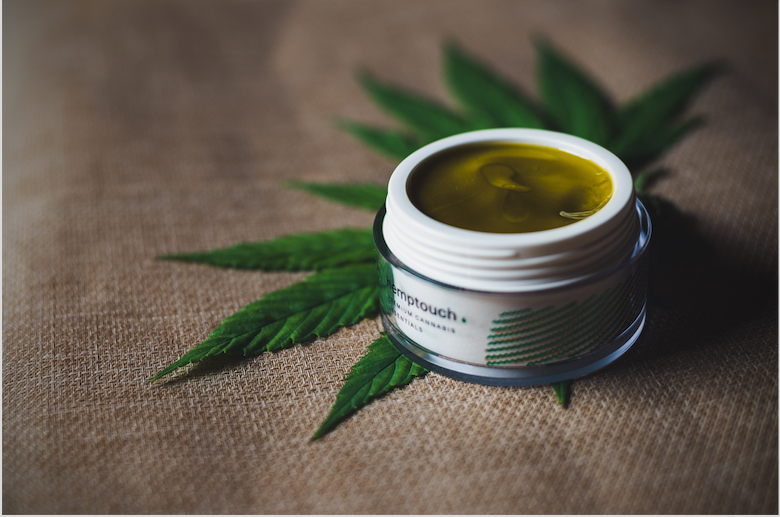CBD Marketers Beware: FTC Is Cracking Down…
By Bradley O. Cebeci and Jennifer Cho
The FTC is cracking down on deceptive marketing of CBD products. Last year, the FTC issued administrative complaints against six merchants of CBD-containing products for allegedly making a wide range of scientifically unsupported claims about CBD-products’ ability to prevent and treat serious health conditions. These efforts are summarized in a recent press release.
Background
Each of the six merchants sells various CBD products online. The products include CBD oil, pain-relief creams, coffee, gummies and capsules. In addition to websites, some advertise through platforms such as Twitter and YouTube. Each of the merchants claimed, among other things, that their CBD products were safe for all users, treated pain better than prescription medications, and effectively prevented and treated age-related cognitive decline and serious health conditions, including cancer, diabetes, and heart disease.
In December 2020, the FTC announced settlement orders with all six merchants. Those orders prohibit the merchants, and the individuals behind them, from making unsupported health claims now and in the future. Most of the merchants must pay monetary judgments of $20,000 to $85,000 each, and immediately notify consumers of the FTC’s order.
What qualifies as an unsupported health claim?
The FTC actions raise an important question for CBD merchants: what qualifies as an unsupported health claim? Put another way, what qualifies as a scientifically supported claim? A CBD merchant may not make a health-related representation regarding a CBD-containing product without “competent and reliable scientific evidence” supporting the truth of that representation.
“Competent and reliable scientific evidence” refers to evidence of “sufficient quality and quantity based on standards generally accepted by experts in the relevant disease, condition, or function to which the representation relates, when considered in light of the entire body of relevant and reliable scientific evidence.”
Here, the prohibited claims about the CBD products at issue included the following:
• Safe for all users, treats pain better than prescription medications, effective alternative to prescription medications, and prevents and treats age-related cognitive decline and chronic pain; and
• “Scientifically” and “medically” proven to treat, prevent, cure, improve, reduce the risk of or mitigate serious diseases and health conditions like heart disease, artery blockage, cancer, diabetes, glaucoma, autism, schizophrenia, Alzheimer’s disease, arthritis, autoimmune disease, and irritable bowel syndrome.
FTC banned each of the merchants from making such claims without human clinical testing to substantiate them. The orders also prohibit them from making any other health-related claims without “competent and reliable scientific evidence.”
Conclusion
Andrew Smith, Director of the FTC’s Bureau of Consumer Protection, stated that the message to all CBD merchants is clear: “Don’t make spurious health claims that are unsupported by medical science. Otherwise, don’t be surprised if you hear from the FTC. If you are unsure about whether the product claims on your website or social media page run afoul of these standards, you should consult with an attorney experienced in FTC and advertising matters. We regularly review such content for compliance with FTC and FDA guidelines.
Bradley O. Cebeci is a Partner, and Jennifer Cho is an Associate Attorney, with Rome & Associates, APC.
Brad and Jennifer focus on Payments and Digital Marketing Law.

